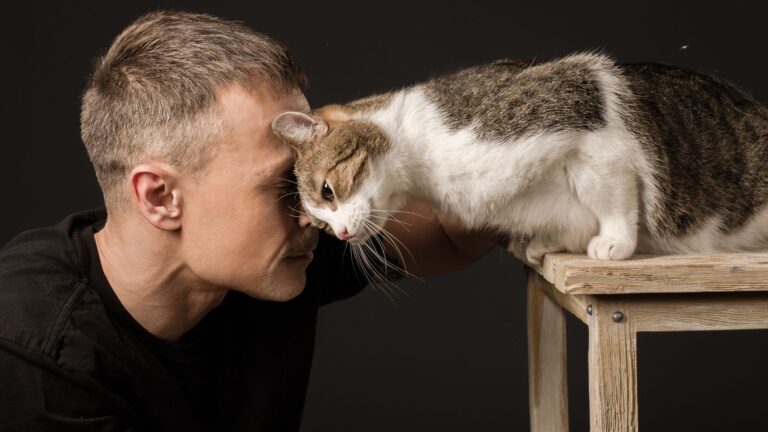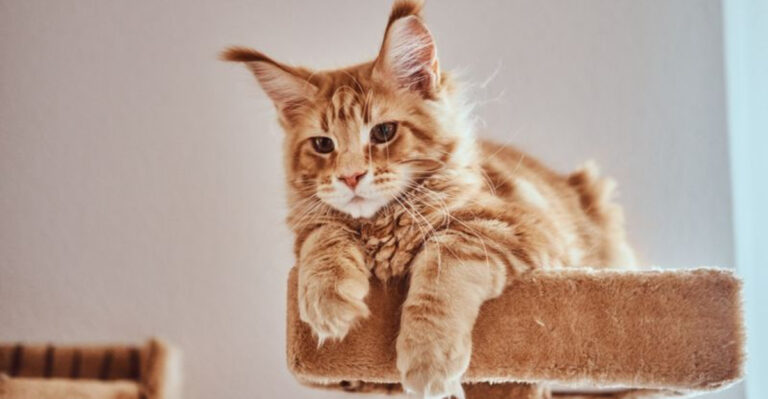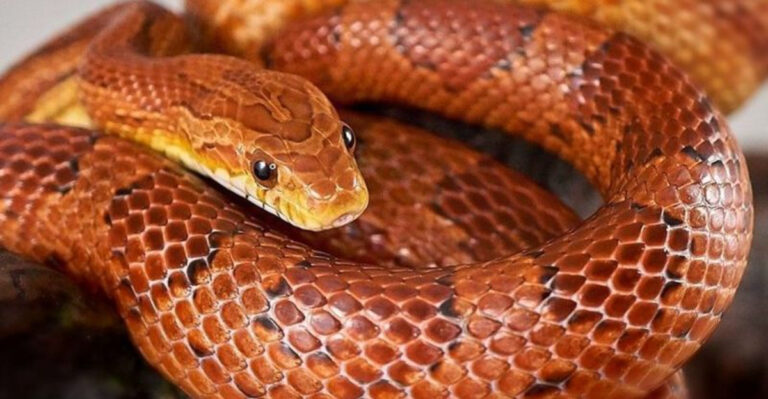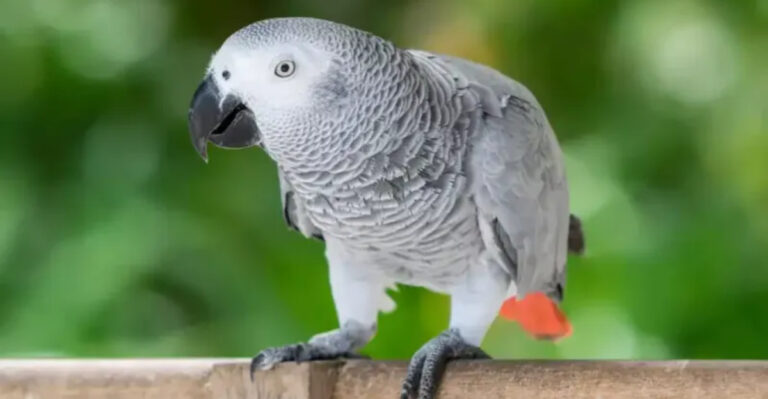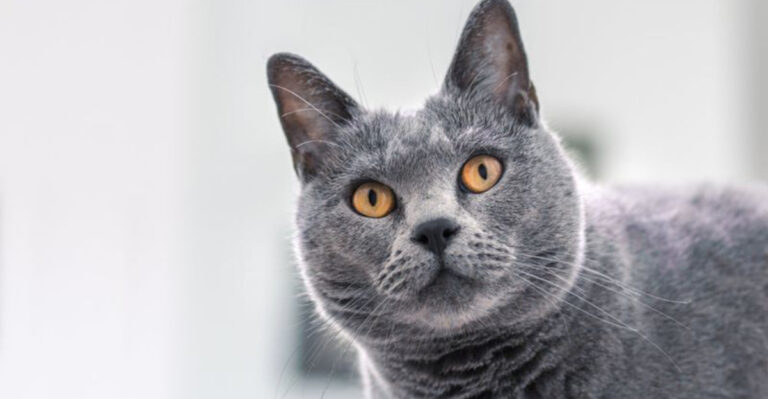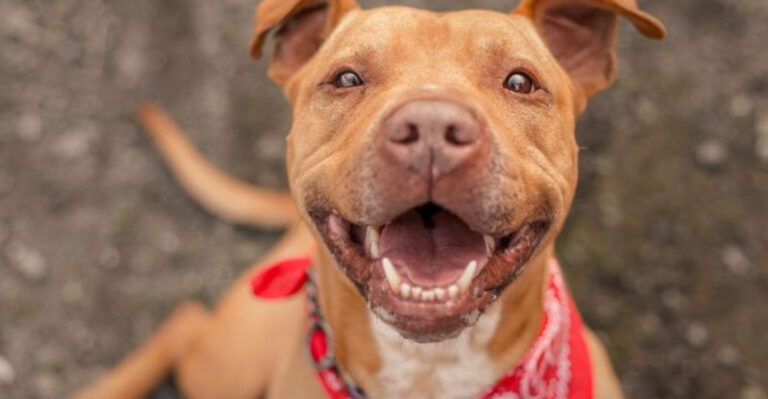15 Signs Your Horse Could Be Entering Their Final Stage Of Life
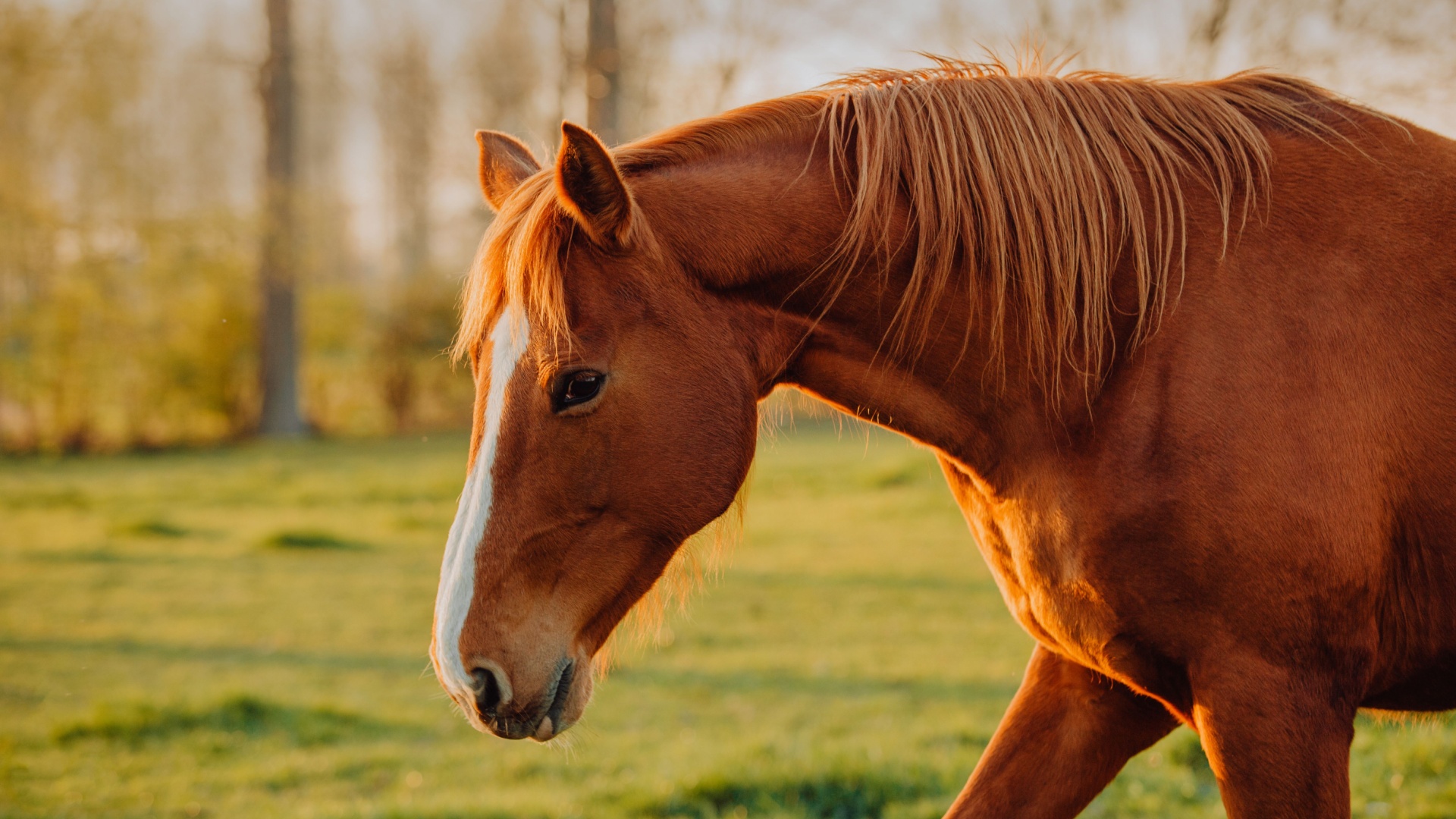
Saying goodbye is never easy, especially when it comes to our equine companions. Horses, with their spirited hearts and graceful strides, can become cherished members of our families.
However, recognizing the subtle signs that your horse may be nearing the twilight of their life can help provide them with comfort and dignity. Let’s explore some signs that could indicate your horse is entering their final stage of life.
1. Diminished Appetite
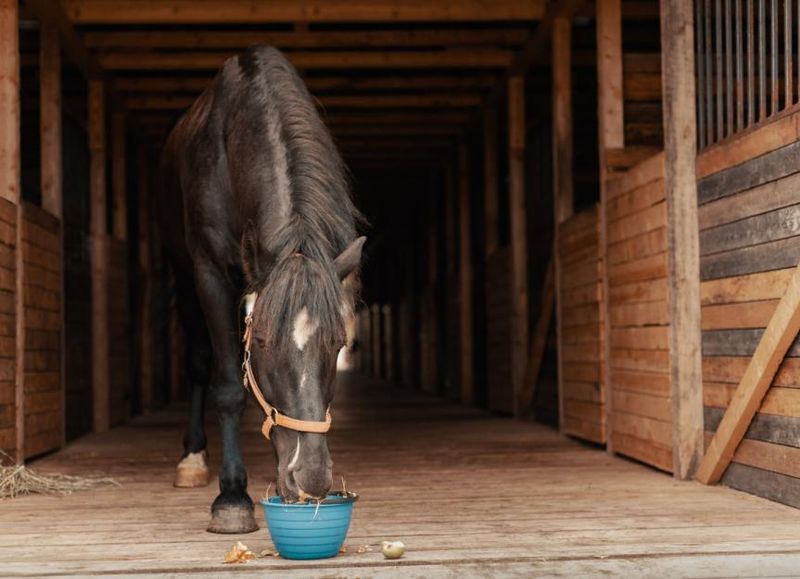
Has your horse started turning its nose up at meals? This could be a signal of discomfort or a fading interest in life’s usual pleasures.
While horses, much like people, can have off days, a consistent lack of appetite may indicate something more concerning. Consult your vet to ensure there’s no underlying health issue.
2. Lethargy And Fatigue
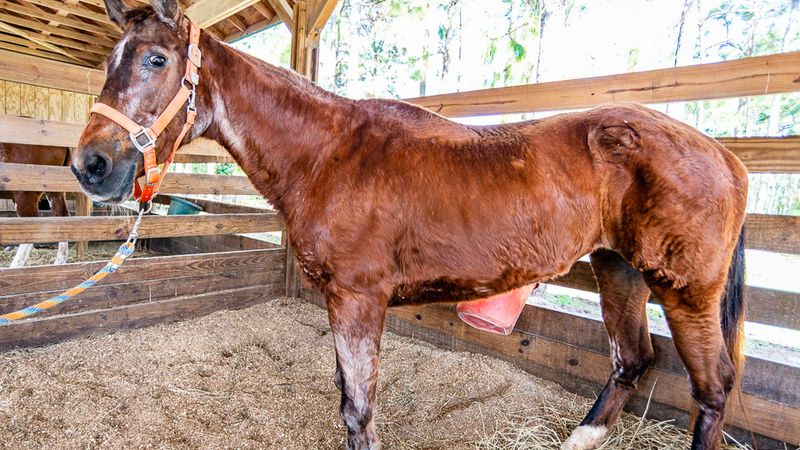
When once your horse galloped energetically across fields, finding them standing idly might tug at your heartstrings. Lethargy can be a subtle indicator of aging.
Their energy levels may drop, making short walks seem like marathons. Gentle encouragement and a little extra care can go a long way in keeping your horse comfortable and engaged.
3. Dull Coat
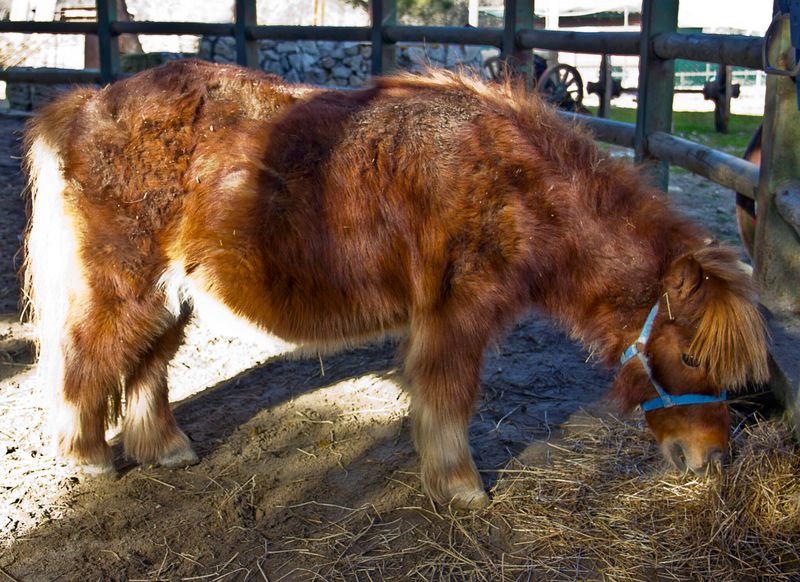
A shiny coat is often a hallmark of equine vitality. If your horse’s coat has lost its sparkle, it may be more than just a grooming issue.
A dull coat can hint at nutritional deficiencies or more serious health concerns. Pamper them with regular grooming and consult your vet about dietary adjustments.
4. Difficulty Moving
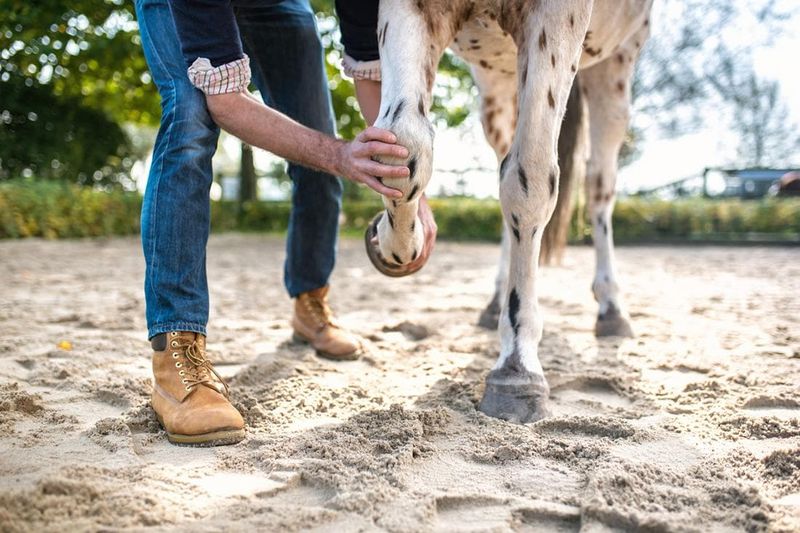
Movement tells many stories. If your horse is showing signs of stiffness or difficulty moving, it could be arthritis or other age-related conditions setting in.
This sign is a common companion of old age but isn’t a tale of tragedy. Keep them active with gentle exercises, and consult with a vet for pain management options.
5. Loss Of Sight Or Hearing
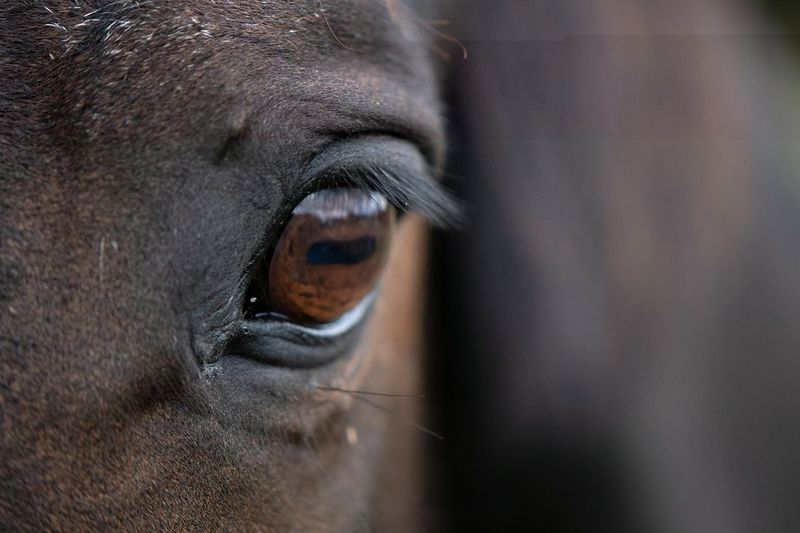
Your horse’s senses are their windows to the world. As they age, these windows may start to dim.
If your equine friend seems to be bumping into objects or startling easily, their sight or hearing might be fading. Helping them navigate their environment safely is key. Use their other senses to reassure them, like voice commands or tactile cues.
6. Behavioral Changes
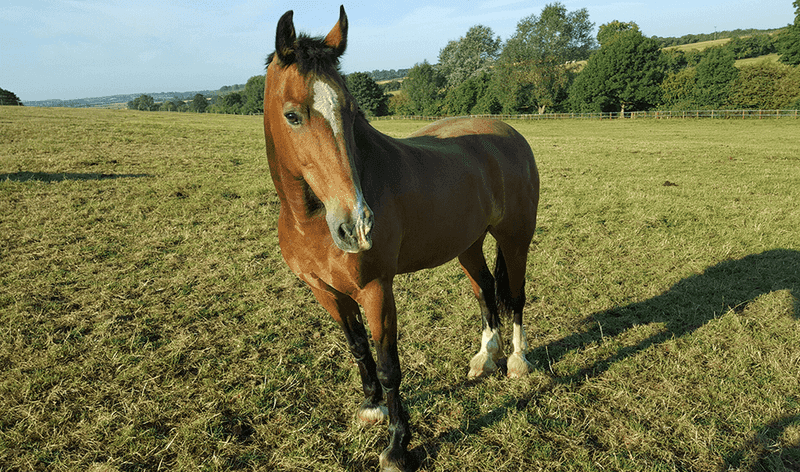
Have you noticed your horse acting differently lately? Maybe they’re more withdrawn or less interested in socializing with their herd.
Behavioral changes can be a subtle whisper of their body’s transition. While these shifts can be poignant, they don’t have to be isolating.
Spend quality time together, offering gentle affection and understanding.
7. Weight Loss
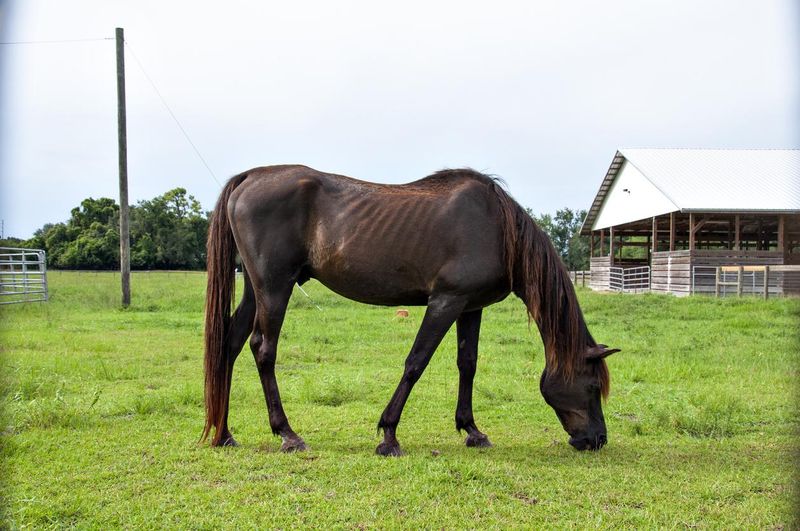
Shedding pounds can be a sign of many things, but in older horses, it often signals the body’s changing metabolism.
If your horse begins to look a bit leaner despite a normal diet, it might be their way of saying they need extra nutritional support. Consult a vet for tailored advice on their diet and health needs.
A little extra nourishment and attention can make a world of difference in their golden years.
8. Dental Problems

Chomping on hay isn’t as easy as it used to be. Dental problems are common in aging horses and can lead to discomfort or eating difficulties.
Regular dental check-ups are crucial to ensure their teeth aren’t causing them pain. Adjusting their diet to include softer foods can ease their chewing effort.
9. Increased Sleeping
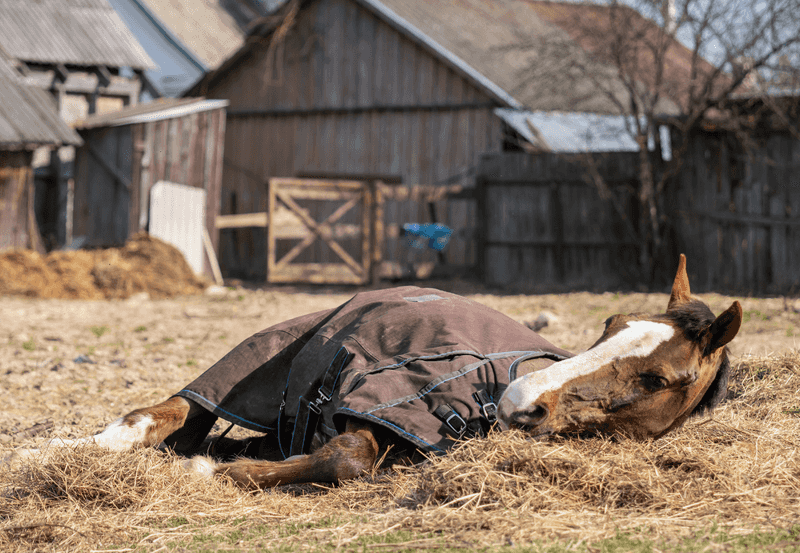
If your horse seems to be catching more Z’s than usual, it might just be them taking retirement seriously. Older horses may need more rest as their bodies slow down.
This isn’t necessarily a sign of illness but rather a natural part of aging. Ensure they have a comfortable, safe place to rest.
10. Respiratory Issues
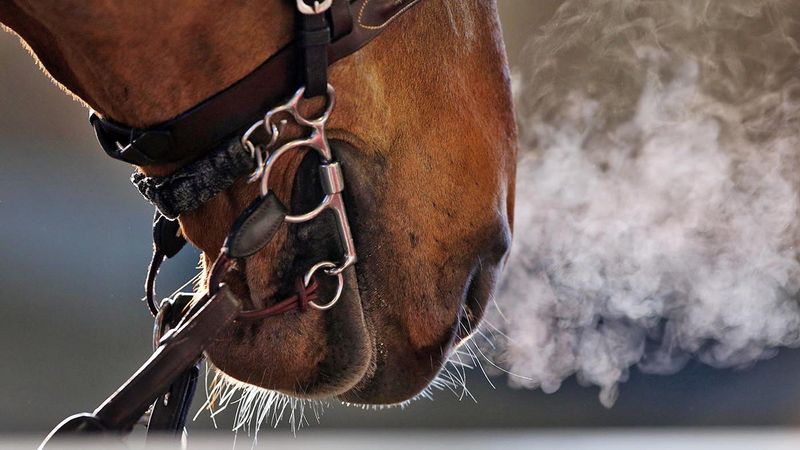
Breathing easy is something we often take for granted. If your horse starts showing signs of labored breathing, it might be time for a vet visit.
Respiratory issues can arise with age, particularly in dusty environments. Keep their living space clean and free from irritants.
11. Swollen Joints
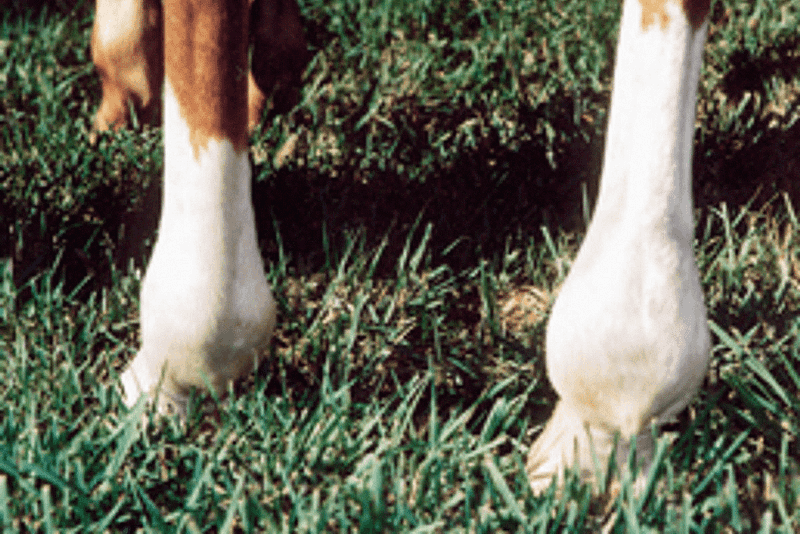
Those once sprightly legs may now show signs of swelling or stiffness. Swollen joints are a common sign of aging, often linked to arthritis.
It’s important to monitor their movement and consult a vet for managing discomfort. Providing a supportive environment with soft bedding and regular, gentle exercise can help maintain joint health.
12. Digestive Problems
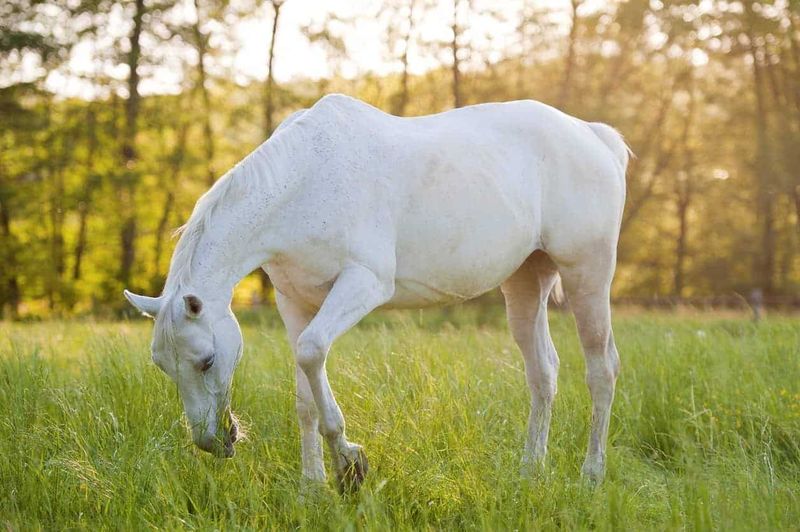
Digestive hiccups can be a part of the aging package. If your horse experiences frequent colic or changes in bowel habits, it could be a sign of their digestive system slowing down.
Regular vet check-ups and a diet tailored to their needs can help manage these issues. Providing plenty of fresh water and fiber-rich foods is essential.
13. Decreased Interest In Exercise
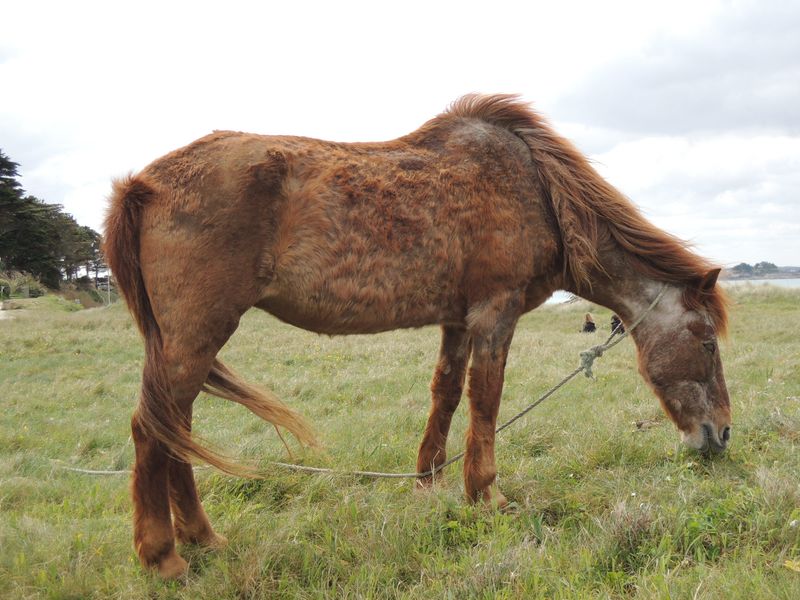
Remember the days when your horse couldn’t wait to gallop around, kicking up their heels? A decreased interest in exercise might mean they’re conserving energy as they age.
This isn’t always a cause for concern, but it’s important to keep them moving. Engage them with gentle activities that suit their fitness level.
Keeping their body active can also keep their spirits high, making the twilight years enjoyable.
14. Changes In Drinking Habits
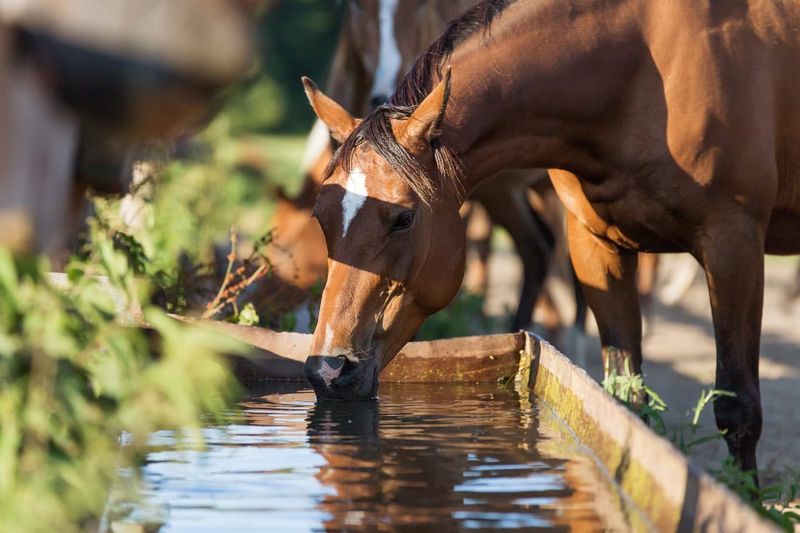
Changes in drinking habits, either too much or too little, can indicate health issues. Older horses may develop kidney problems or diabetes, affecting their thirst levels.
Keeping track of their water intake can alert you to underlying issues. Always provide fresh, clean water and consult your vet if you notice significant changes.
Hydration is key to maintaining their health and comfort.
15. Emotional Changes
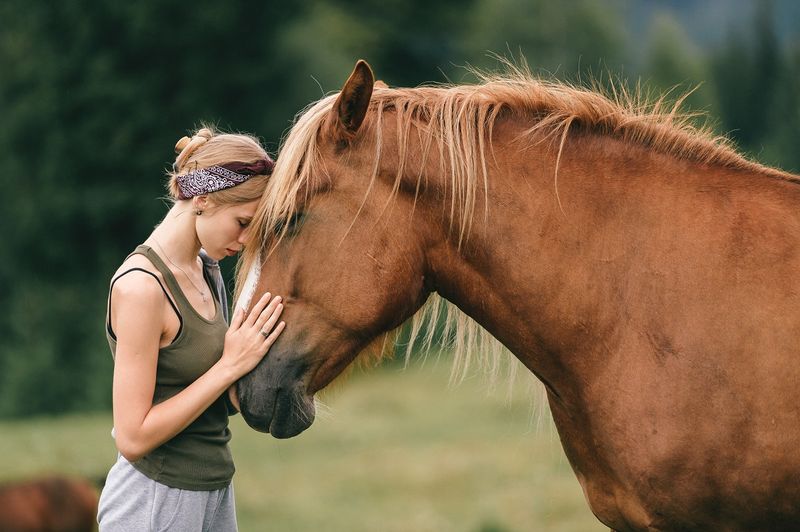
Emotions aren’t just for us humans. Horses, too, can experience mood swings and emotional changes as they age. These shifts might manifest as increased anxiety or a newfound calmness.
Pay attention to their emotional needs, offering reassurance and companionship. Building a strong, trusting bond can ease their emotional journey through these changes.

